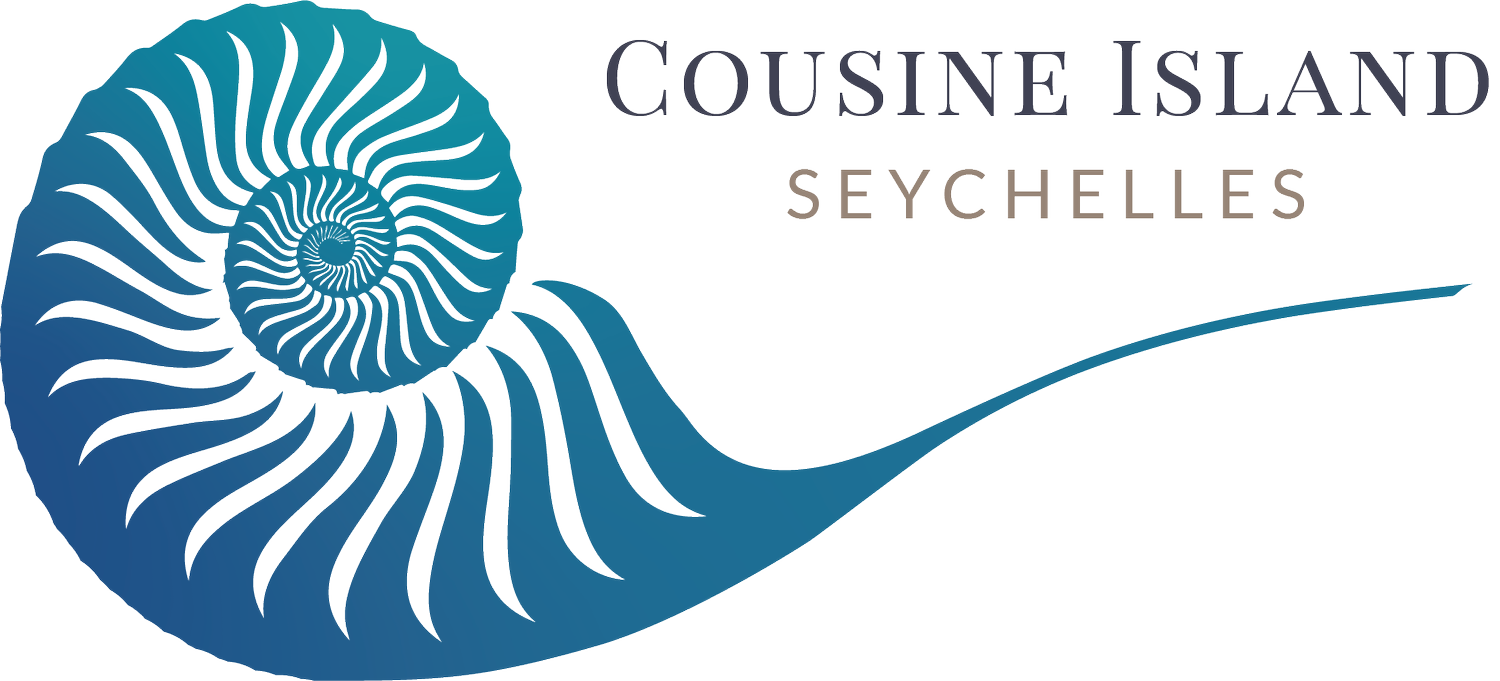Rencontre avec la mystérieuse pieuvre
La pieuvre est l'une des créatures marines les plus fascinantes que l'on trouve dans les eaux de l'île Cousine. Réputés pour leur intelligence et leur remarquable capacité de camouflage, les poulpes sont de véritables maîtres de leur environnement.
Pieuvre sur un récif corallien, montrant son camouflage et ses talents de nageuse.
plus intelligent que la plupart des autres
Ces céphalopodes sont bien connus pour leur capacité à changer de couleur, de texture et même de forme afin de se fondre dans leur environnement, ce qui leur permet de chasser efficacement et d'échapper aux prédateurs. Cette extraordinaire capacité d'adaptation ne sert pas uniquement à se défendre ; elle joue également un rôle crucial dans la communication et les rituels d'accouplement. Les pieuvres possèdent un système nerveux décentralisé, une grande partie de leurs neurones se trouvant dans leurs bras, ce qui permet à chaque bras de fonctionner de manière semi-indépendante. Cette caractéristique unique ajoute à leur mysticisme et en fait des espèces clés de l'écosystème marin de l'île Cousine. Plusieurs espèces de pieuvres peuvent être trouvées autour de l'île, y compris la pieuvre de récif commune, connue pour ses couleurs vibrantes, et la pieuvre imitatrice, célèbre pour sa capacité à imiter l'apparence et les mouvements d'autres animaux marins.
Comprendre leur rôle dans l'écosystème
Sur l'île Cousine, notre équipe de conservation accorde une grande importance au suivi de la population de pieuvres et à l'étude de leur comportement, de leur régime alimentaire et de leurs préférences en matière d'habitat. Ces études sont menées en collaboration avec des biologistes marins et fournissent des informations précieuses sur les relations complexes entre les poulpes et d'autres espèces marines. Ces recherches nous aident à comprendre leurs interactions avec des prédateurs tels que les requins et leur rôle dans le contrôle des populations d'organismes marins plus petits, tels que les crustacés et les poissons. La présence de diverses espèces de pieuvres est le signe d'un environnement marin sain et diversifié, crucial pour la biodiversité globale de la région.
En janvier 2023, l'Autorité de la pêche des Seychelles a lancé une étude sur le poulpe. Financé par le Seychelles Climate Change Adaptation Trust (SeyCCAT), le projet "cherche à établir son espèce, sa saisonnalité ainsi que sa distribution". La pêche du poulpe n'a jamais été réglementée aux Seychelles.
La nation insulaire a fait appel à l'expertise de l'île mauricienne de Rodrigues, où la récolte de poulpes est une activité économique importante. Les poulpes sont séchés puis exportés. La pêche au poulpe y est réglementée et ses meilleures pratiques pourraient être partagées et reproduites aux Seychelles, ce qui permettrait un meilleur contrôle du secteur de la pêche au poulpe aux Seychelles.
Voir une pieuvre de près
Nos excursions guidées de plongée et de snorkeling offrent aux visiteurs la possibilité d'observer ces incroyables créatures dans leur habitat naturel, mettant en valeur leurs adaptations et leurs comportements uniques. Les visiteurs peuvent voir comment les pieuvres utilisent leurs capacités de camouflage pour se fondre dans le récif, chasser leurs proies et communiquer par des changements de couleur et de langage corporel, offrant ainsi une fenêtre sur le monde sous-marin complexe.
Nos efforts de conservation
La conservation de la vie marine, y compris les diverses espèces de poulpes, est la pierre angulaire des efforts environnementaux de l'île Cousine. En protégeant ces espèces, nous assurons la durabilité de nos ressources marines et la santé globale de nos océans. Nos initiatives comprennent la promotion de pratiques de plongée responsables, la réduction de la pollution et le soutien à la recherche marine. Ces actions permettent de préserver la beauté naturelle de nos eaux et contribuent aux efforts mondiaux de protection de la biodiversité marine. Nous invitons nos hôtes à nous rejoindre dans ces efforts de conservation, en faisant l'expérience directe de la riche biodiversité marine qui fait de l'île Cousine un écosystème unique et prospère. Ensemble, nous pouvons faire en sorte que ces créatures étonnantes continuent à prospérer dans leur habitat naturel, préservant ainsi l'avenir de nos océans pour les générations à venir.
Aidez-nous à préserver la biodiversité
Vous pouvez contribuer à notre mission de conservation simplement en visitant l'île, même pour une journée. pour une journée. Nous invitons nos hôtes à participer à nos efforts de conservation permanents, tels que la plantation d'arbres indigènes, les promenades guidées de conservation, les expériences d'élevage de tortues et les excursions vers des îles inhabitées et protégées autour de l'archipel. Même si vous ne quittez jamais la plage ou si vous vous contentez d'admirer notre incroyable faune ornithologique, vous contribuez à la restauration et à la préservation de l'environnement grâce à l'écotourisme. Consultez notre calendrier écologique pour planifier votre visite ou louez l'île entière pour vivre l'expérience ultime d'une île privée.




